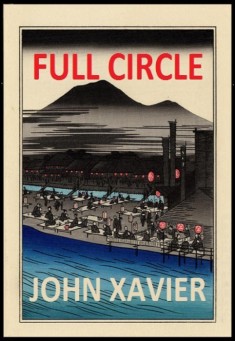Mostly written over the course of a single year and structured around the four seasons, this collection is the result of a meditation on the nature of haiku itself. Special attention is therefore paid to rendering into English an authentic translation of the art form while simultaneously exploring its potential for innovation.
This version also includes a short essay at the conclusion of the book dealing with the spiritual state of being that haiku writing has traditionally been used to cultivate.
Preface
The way we look at the world transforms who we are. In writing haiku, the poet is self-consciously striving to achieve a tranquility within themselves to arrive at the profundity of individual moments. Because of this, haiku requires a greater development of personality than most poetic forms. True haiku at least. In regard to my own achievements in this respect, I must admit that not every poem has been entirely successful but, I have had the good fortune to experience instances of seemingly absolute clarity as a result of practicing this esteemed art. Of course I owe this not only to my own writing but also to reading the work of others, especially those written by the original Japanese masters. If this book can provide anything remotely similar for another then it’ll have fulfilled its purpose. And if there’s one thing above all that I’ve learned from haiku, it’s that we have the most to gain by increasing our own sense of appreciation.





























